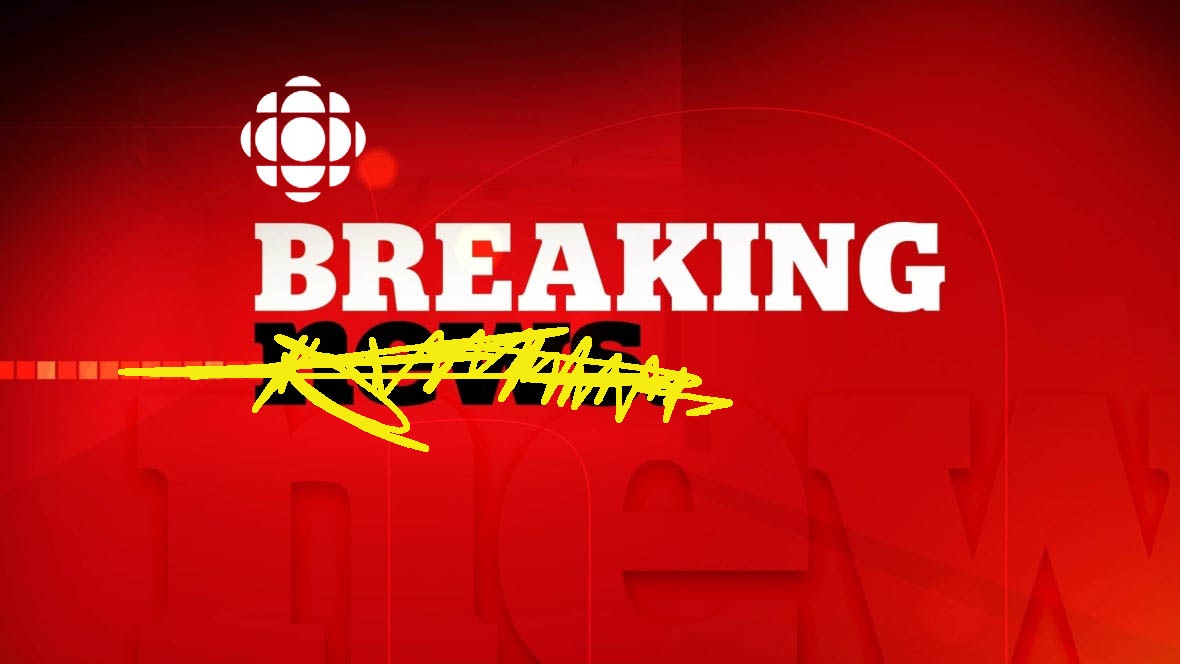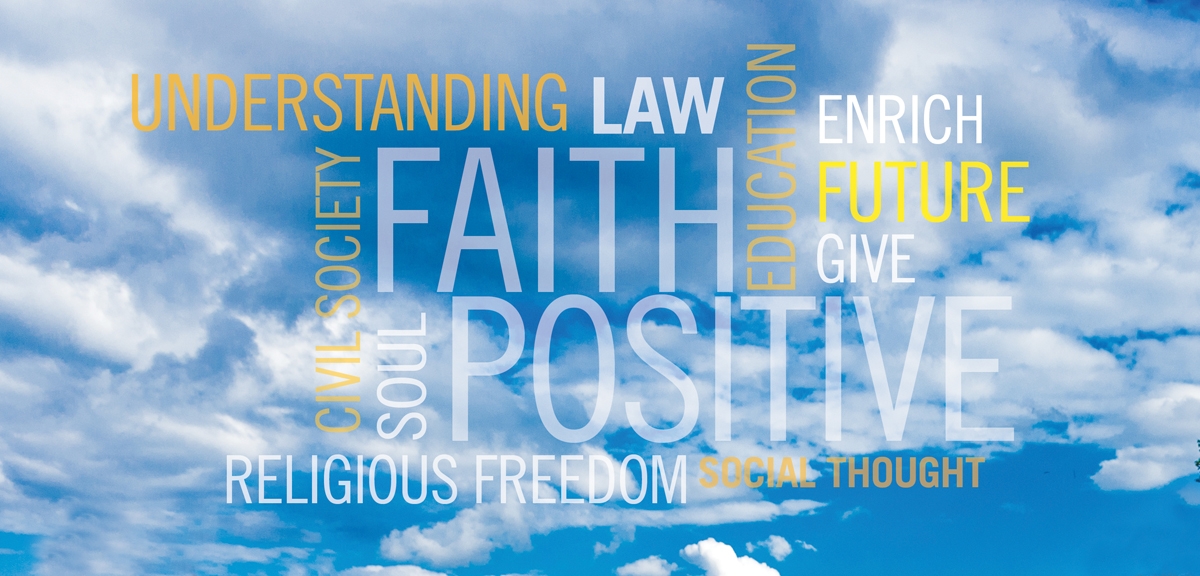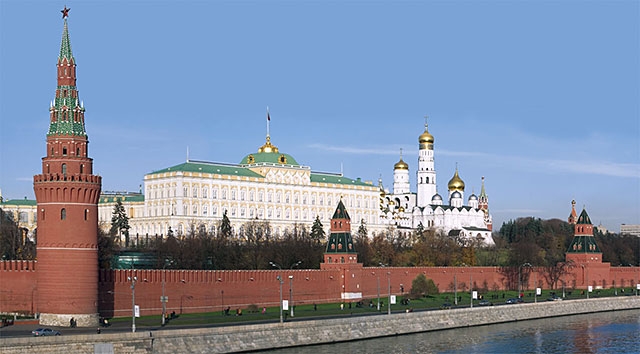
Can an intersectional approach solve CBC’s rating woes?
This week the United Kingdom’s government announced its plan to end television licenses by the end of 2027. The British Broadcasting Corporation’s (BBC) primary revenue source, the “Telly Tax” is paid annually by every British taxpayer who owns a TV and wants to stream content, including cable services, even YouTube.
The move has come at an interesting time. Nearly two and a half years into Boris Johnson’s administration, the national broadcaster has gone from “British” to being the “Intersectional” Broadcasting Corporation, with programming targeted to social justice topics of the few. According to social justice communication lab The Opportunity Agenda: “An intersectional approach acknowledges systemic discrimination due to sexual orientation and identity, gender and gender identity, race, economic status, immigration status, national origin, and ability, among other aspects of one’s identity, and that this systemic discrimination impacts access to opportunity.”
With the upcoming loss of revenue from license fees, it means the BBC will have to turn to advertising to survive and recoup its massive budget. It seems fair that the British public won’t have to pay to support programming they wouldn’t otherwise choose.
The Canadian Liberal government is taking the opposite approach.
In the article, Tara Henley: Why I quit the CBC, Henley says that the public broadcasting corporation has become race-obsessed and focused on issues that do not matter instead of pressing current events. Her tongue-in-cheek comment, “non-binary Filipinos concerned about a lack of LGBT terms in Tagalog is an editorial priority for the CBC,” rings true.
It certainly appears that the CBC cannot cover an issue without an intersectional stance. In 2020, the CBC received only 3.9 per cent viewership from the Canadian population despite its nearly $1.5 billion budget, in addition to advertising revenues from website media. If the CBC were a private company, the investors would pull the plug. Yet, instead of going the way of the British government and instructing the BBC to find alternate funding, the Liberals have decided that “modernizing” the CBC means getting rid of the advertising component.
Taxpayers will now give an extra $400 million over four years to ensure “modernization,” as stated in Heritage Minister Pablo Rodriguez’s mandate letter from the Prime Minister’s Office. The Liberals wants to change the CBC and its sister network Radio-Canada by “Updating CBC/Radio-Canada’s mandate to ensure that it meets the needs and expectations of Canadian audiences, with unique programming that distinguishes it from private Broadcasters.”
It is precisely because the CBC is so distinguished from private broadcasters in its content creation that its viewership is falling to record lows. The CBC doesn’t compete for most of its operating budget, and it lives in an ecosystem where it can release programs nobody watches and have them propped up because they are “unique.”
More disturbing is that 97 per cent of Canadians, who had ample opportunity to tune into CBC television programming during 2020 while they were stuck at home, will have to continue to pay for the benefit of the meager 3 per cent who are regular viewers.
Modernizing to the current Liberal government means more taxpayer money to pay for projects that cannot fund themselves. In the internet era of Tiktok, Twitch, podcasts, and YouTube, trusted news is available from across the country. The “woke” worldview the CBC is offering is no longer the moral tone Canadians are buying.
The media has become democratized despite the CBC. Like their British counterparts, Canadians rely less on state-run broadcasting corporations. Modernizing media should mean decentralization and allowing Canadians to choose the content they want rather than forcing everyone to pay for the out-of-touch broadcaster very few ever watch.
It’s time for the Canadian government to go the way of the BBC.












